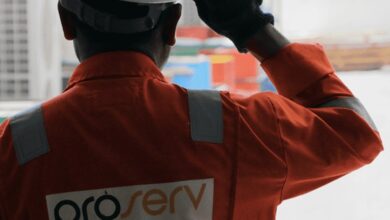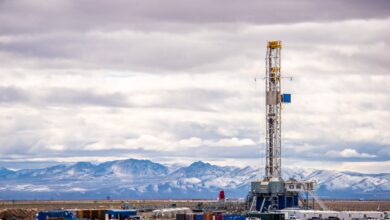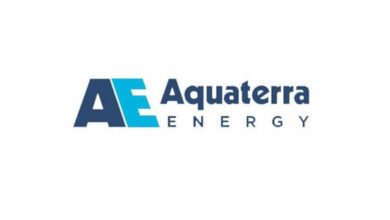Due diligence assessments, user friendly documentation critical to keeping employees safe in high-risk areas
By Linda Hsieh, Managing Editor

As the drilling industry increasingly moves into high-risk and remote operating areas, companies must take strategic steps to protect their employees. With 17 rigs working in eight countries in Africa and the Middle East, Seadrill’s Lee Hogan noted the importance of completing due diligence assessments in terms of security, medical and safety/transportation, as well as having effective documentation/plans and education/awareness for employees. “Prior to operating in and going into a new country, we need to conduct a high-level assessment of the security challenges in that respective country,” Mr Hogan, Seadrill QHSE Director for the Africa and Middle East regions, said in a presentation at the 2014 IADC Drilling HSE Europe Conference in Amsterdam on 25 September.
Such high-level assessments must be combined with on-the-ground assessments, which are conducted by sending in a team of specialists to assess the location situation, he said. This encompasses analyses of the country’s political stability and location security, as well as of the office and staff accommodations.
Medical assessments should be conducted in conjunction with the company’s local medical providers. Considerations include vaccination recommendations for travelers and the medical capabilities of the in-country medical provider. “Also importantly, what’s the availability of medication in-country? In many of these countries, the presence of counterfeit medication is quite substantial,” Mr Hogan noted.
Safety/transportation assessments should cover vehicle safety, driving conditions, journey management and aviation safety.
Once due diligence assessments are completed, it’s essential to also develop effective documentation and plans that are user friendly and easy for all to understand. “Sadly, if it’s not, it’s just going to be ignored or forgotten,” Mr Hogan said. Country pre-arrival briefings are examples of documentation that Seadrill produces for its employees.
“Seadrill is ensuring that all of our employees receive pre-country briefings so that they know what to expect when they arrive in country, together with facility location-specific briefings,” Mr Hogan explained. Emergency contact cards – business card-sized for easy carrying in wallets – have also proven useful, he added. “There have been a few positive examples where something has happened and an employee needed medical support,” he said. Having all the necessary information in their wallet helped them to easily call for assistance.
To ensure employee education/awareness, the country pre-arrival brief should be provided to travelers before they leave their home location. It should include everything from a location map to health and security summaries. Practical information about the meet-and-greet process is also a critical component. This might sound simple, Mr Hogan said, yet there have been numerous instances where he’s seen industry colleagues not being picked up upon arrival and standing around looking for assistance. “You don’t want to make your employees a target (for kidnappings). Simple things like an effective meet and greet can go a long way to avoiding any problems.”
Other tools for educating employees, he said, include defensive driver training; emergency/CMT training for in-country management; emergency procedures/protocols; and a malaria prevention program.
Even with extensive preparation and education beforehand, ongoing assessments must be conducted to monitor for changing security exposure or health risks/outbreaks. For example, Mr Hogan noted that Seadrill has developed a comprehensive Ebola management plan to ensure employees are aware of the medical and scientific facts of the disease. “The situation can change rapidly… We’ve conducted a number of emergency drills on what-if scenarios to ensure that we’re satisfied we can ensure the safety of all of our employees should the situation deteriorate.”




